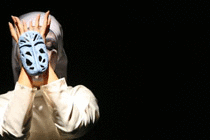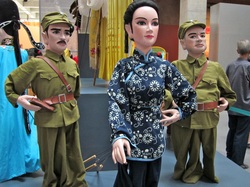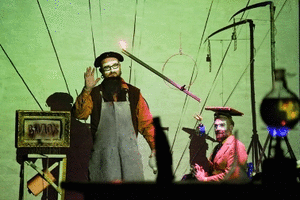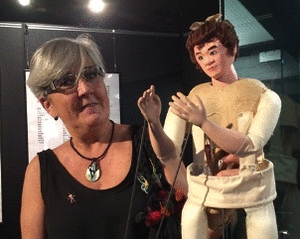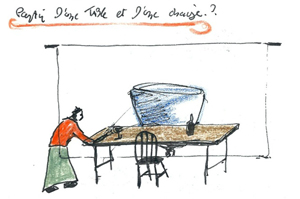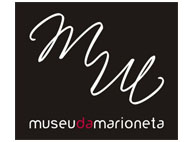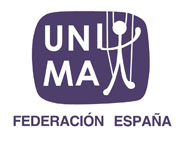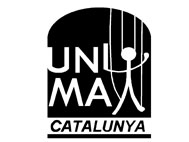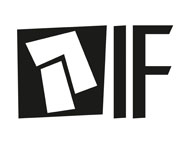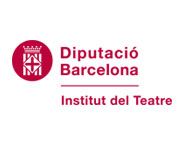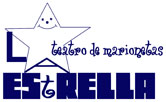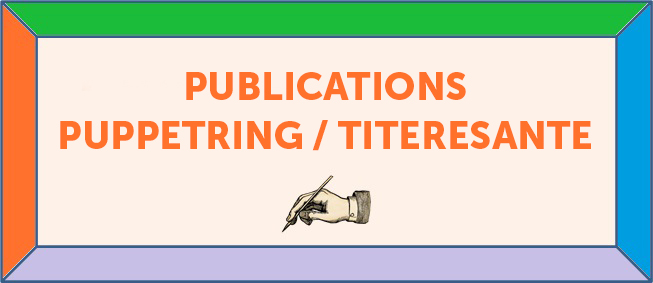The puppet shows ‘The Earth and the Universe’ by Iranian company Yase Tamam, and ‘Louder!’ by Polish artists by Marcin Bartnikowski and Marcin Bikowski shared a top prize at the festival Puppet Is a Human Too, held in Warsaw last month. This is an important international event dedicated to puppet theater and animation movies for adults. The Jury recognizes the work of the companies from around the world in three main categories: best actor on actress, best performance and most interesting creativity. ‘The Earth and the Universe’ and ‘Louder!’ shared the latter.
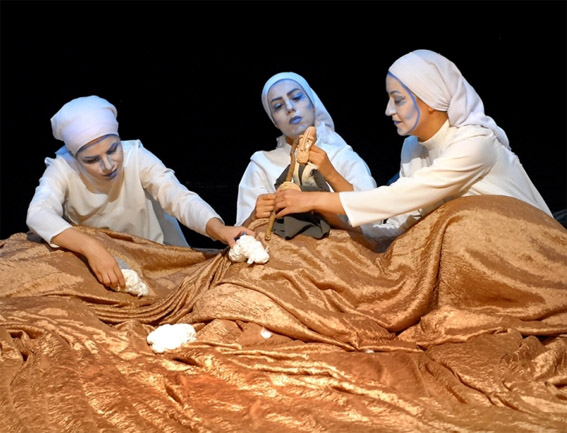
Led by Zahra Sabri, the company Yase Tamam dedicated their performance to the Iranian celebrated director Ali Rafiei. Puppeteers Roxana Bahram, Fatemeh Abbasi and Mona Sarbandi and assistant director Zohreh Baratlu accompanied Sabri during the performance. ‘The Earth and the Universe’ is an adaptation of seven stories by the Iranian poet and mystic Jalal al-Din Rumi through the versions written by Molana Mosnavi. Sabri choosed this few known book to stage her show out because it talks about love, freedom and the relation of men with nature, even if it is, in the end, an expaination of the Koran.
The show’s premiere was in 2011’s edition of TOT Festival in Barcelona (read here), and after that the company started a successful tour in several countries: they performed at TOPIC in Tolosa (Spain), Tunez, Germany, Turkey…
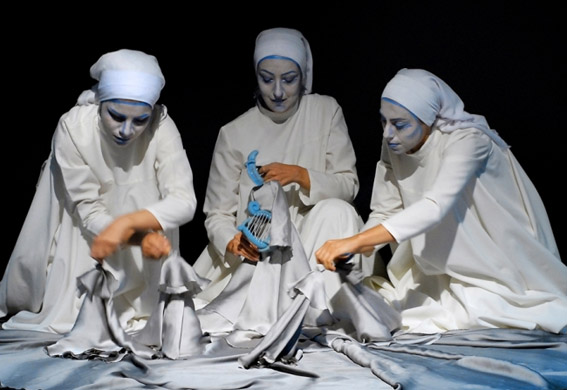
‘Louder!’ is a staging of Jonathan Safran Foer’s novel ‘Extremely Loud and Incredibly Close’. It is a hard story about the aftermath of Sep-11 attacks seen by a child.
Fifteen productions by theater troupes from nine countries including Iran, Norway, Canada and Italy competed in the festival. Its Artistic Director and President of Impossible Theatre Union, Marek B. Chodaczyński, wrote this welcoming words which are a total declaration of principles: “Constantly from many years, we are coming to explain that the art of animation such as puppets theatre is an artistic language by itself. It is not a mirror nor infantile introduction to “real theatre” or cinema, neither a dictactic method or a pedagogical way for “our beloved” or either a way of imitating anything.”

